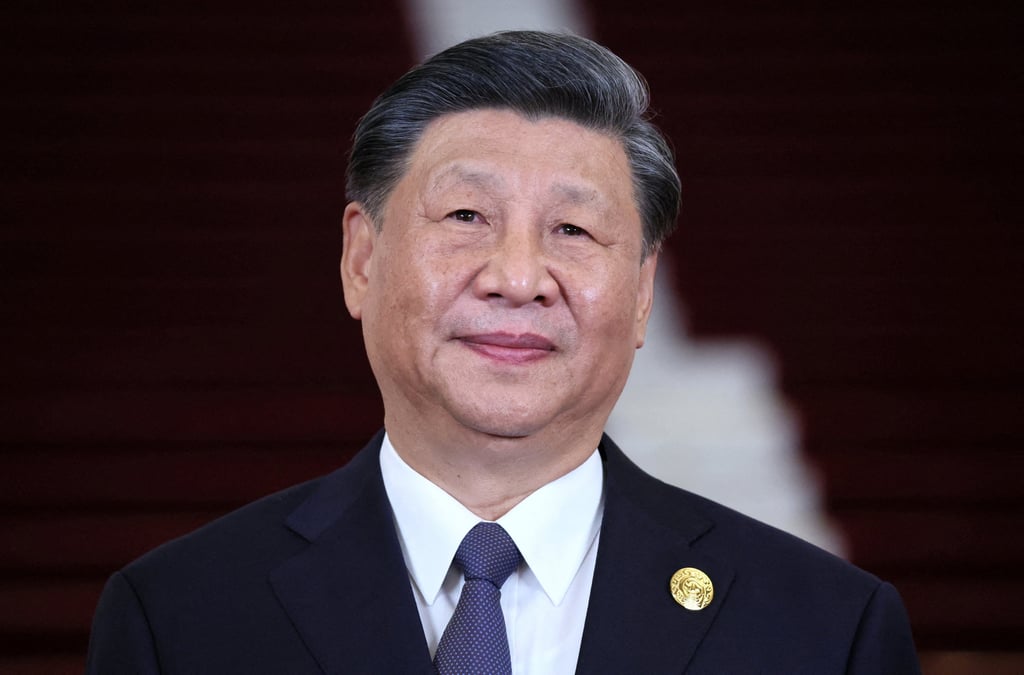Chinese academics tout alternative path to modernisation at forum
- State-sponsored conference told that Western development model doesn’t represent the future of ‘political civilisation’
- Speakers say China’s approach is more sustainable than the West’s, which is ‘heavily focused on material aspects’

China is on an alternative path to modernisation that is more sustainable than the Western development model, academics told a state-sponsored forum.
The China studies conference was hosted by the State Council Information Office on Friday. A letter from the president was read out at the gathering of hundreds of Chinese and foreign academics in Shanghai.

At a panel event, Su Changhe, a professor at Fudan University’s School of International Relations and Public Affairs, said a key cause of turmoil in the world was that many countries had tried to copy the Western development path.
Su said that model did not represent the future of “political civilisation”.
“Now, as countries explore their own development paths – including China’s progress – the previously dominant or monopolised global knowledge landscape of the West is beginning to shift,” he said.
He added that the changes taking place in China were not unique to the country but encompassed “general knowledge about the path to human modernisation”.
Zhang Zhiqiang, director of the Chinese Academy of Social Sciences’ Institute of Philosophy, said China’s model could guarantee both economic development and social stability.